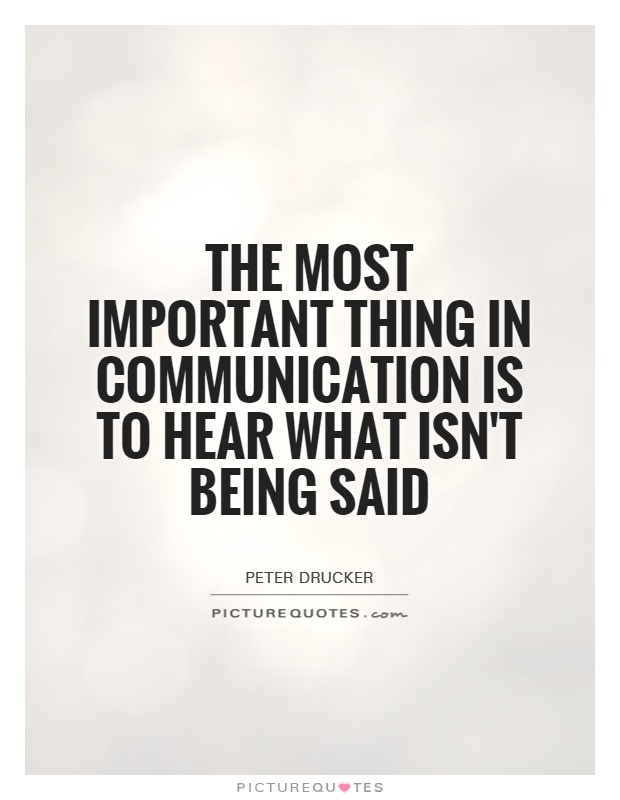As the political landscape continues to evolve, certain moments stand out as pivotal turning points in the ongoing battles between political figures. In the case of Lauren Boebert and Tim Walz, their clash has captured national attention, with Detroit emerging as a key battleground. This city, known for its rich history and cultural significance, is now at the center of a heated debate over governance and policy effectiveness.
The discourse surrounding these two politicians often centers on issues of crime rates, economic development, and leadership styles. As Boebert and Walz exchange critiques, each side seeks to leverage public opinion to gain the upper hand. Detroit's unique challenges and successes provide fertile ground for this political duel, making it a critical arena where strategies are tested and narratives shaped. This article explores how Detroit could become the decisive factor in their political rivalry.
Boebert's Criticism: A Misstep in Geography
Lauren Boebert recently drew attention when she criticized Minnesota Governor Tim Walz, alleging that under his leadership, Detroit has experienced the highest murder rate in Minnesota. This statement not only highlights her stance against Walz's policies but also reveals a geographical misunderstanding, as Detroit is located in Michigan, not Minnesota. Such inaccuracies can undermine the credibility of political critiques, especially when they are broadcast publicly.
This incident underscores the importance of factual accuracy in political discourse. While Boebert intended to critique Walz's governance, her error shifts focus to her own understanding of basic geography. Such mistakes can be costly in the realm of politics, where opponents quickly seize opportunities to question one's competence and reliability.
Moreover, this misstep invites scrutiny into Boebert's research methods and the depth of her engagement with the issues she critiques. It raises questions about whether her criticism is based on thorough analysis or merely rhetorical flourish, potentially weakening her argument against Walz.
Ventura's Defense: A Marine Corps Perspective
Jesse Ventura stepped into the fray by defending Tim Walz against accusations of 'stolen valor' made by JD Vance. Ventura, a former governor of Minnesota and a U.S. Marine Corps veteran, expressed strong disapproval of such allegations, asserting that they do a disservice to both Vance and the Marine Corps. His intervention adds weight to the debate, bringing a military perspective that resonates with many voters.
Ventura's remarks highlight the sensitivity around military service and the potential repercussions of unfounded accusations. By aligning himself with Walz, Ventura not only supports a fellow Minnesotan but also reinforces the importance of integrity and truthfulness in political discussions. His stance serves as a reminder of the values upheld by those who have served their country.
In the broader context of Boebert vs. Walz, Ventura's defense introduces another layer of complexity, emphasizing the need for respectful dialogue even amidst political disagreements. It challenges other politicians to consider the implications of their statements and the impact they have on public perception and trust.
Media Coverage: Amplifying Political Narratives
Media outlets play a crucial role in shaping public perception of political events. Nick, a reporter whose work has been featured in The Detroit News, highlighted Lauren Boebert's first test in Colorado's 4th Congressional District primary. This coverage amplifies her political journey, drawing parallels to her interactions with Governor Walz. Media exposure can significantly influence how political figures are perceived, often determining the success or failure of their campaigns.
Furthermore, media platforms like X (formerly Twitter) serve as arenas where political debates unfold in real-time. Boebert's posts criticizing Walz exemplify how social media can rapidly disseminate information, sometimes without adequate verification. This environment fosters intense exchanges, allowing supporters and critics alike to voice their opinions and engage with political discourse.
Ultimately, the interplay between traditional and digital media shapes the narrative surrounding political battles such as that between Boebert and Walz. As Detroit becomes a focal point in their struggle, the media's portrayal of events and issues will undoubtedly play a crucial role in determining the outcome of their political contest.

